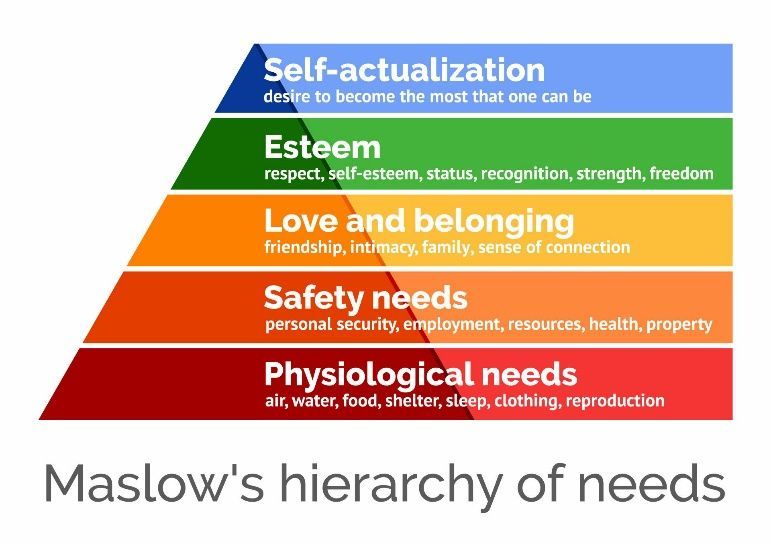The Essential Guide to Human Resources for Small Businesses
By Dr. Nikie Walker, Ed.D. | HR Consultant & Leadership Strategist | 20/20 Walker Consulting
Human Resources (HR) might seem like a big-business concern, but it's just as crucial for small businesses. Whether you have five employees or fifty, managing your team effectively is key to long-term success. A well-structured HR approach can help attract top talent, boost productivity, and ensure compliance with ever-changing regulations. Here’s what small business owners need to know to build and maintain a successful HR foundation.
________________________________________
Core HR Functions Every Small Business Should Master
Recruitment and Hiring:
Finding the right people starts with a smart recruitment strategy. Clear job descriptions, targeted outreach, and a streamlined screening process help attract qualified candidates. Efficient hiring not only fills roles quickly but also sets the stage for long-term employee satisfaction.
Onboarding:
First impressions matter. An organized onboarding process introduces new hires to your company culture, clarifies their responsibilities, and builds early engagement. It’s your opportunity to set expectations and make new employees feel like valued team members from day one.
Training and Development:
Investing in employee growth pays dividends. Offering training sessions, mentorship programs, or access to online learning platforms ensures your team has the skills they need to succeed—and the tools to grow within your company.
Compensation and Benefits:
Competitive pay and benefits aren’t just nice to have—they're essential. Benchmark salaries and ensure your benefits package (including health insurance, retirement plans, and paid time off) remains attractive. Fair compensation is a cornerstone of employee satisfaction and retention.
Performance Management:
Set clear goals, provide regular feedback, and conduct performance reviews. This helps align individual efforts with business objectives and encourages continuous improvement. Recognize achievements and address areas for growth in a constructive, forward-looking way.
Employee Relations:
A positive work environment fosters collaboration and loyalty. Address concerns promptly, resolve conflicts diplomatically, and ensure open lines of communication. HR should be seen as a support system, not just a rule enforcer.
Legal Compliance:
Labor laws are complex and vary by location. From wage regulations to workplace safety, staying compliant helps you avoid fines and legal issues. Make it a priority to stay current on HR laws affecting your business.
Payroll and Benefits Administration:
Accurate, timely payroll and benefits administration is vital. Employees rely on you for correct pay and benefits, so systems must be both reliable and user-friendly. Mistakes here can quickly damage morale.
Policy Development:
Clear, well-documented policies promote fairness and consistency. Develop an employee handbook covering everything from attendance to grievance procedures. Regular updates ensure your policies stay relevant and legally compliant.
________________________________________
Managing HR in a Small Business: Your Options
In-House HR:
If resources allow, appointing a dedicated HR professional or team ensures focused, personalized support for your employees.
Outsourcing:
For many small businesses, hiring an HR consulting firm or subscribing to HR software solutions offers cost-effective expertise. Outsourcing can cover payroll, compliance, or even full HR management.
Hybrid Approach:
Combining in-house oversight with outsourced support often offers the best of both worlds—personal touch with professional backup. For example, keep performance management in-house while outsourcing payroll and benefits.
________________________________________
Why HR Matters: The Benefits for Small Businesses
• Time Savings: Streamlined HR processes let you focus on growing your business.
• Attracting Top Talent: A professional approach to HR enhances your employer brand.
• Improved Engagement: A well-managed team is more motivated, productive, and loyal.
• Legal Compliance: Reduces your exposure to costly legal issues.
• Risk Reduction: Clear policies and procedures help prevent and resolve problems before they escalate.
• Increased Productivity: Engaged employees who know what’s expected of them deliver better results.
________________________________________
Tips for Effective HR in Small Businesses
1. Prioritize HR: Allocate time, budget, and attention to HR just like any other business function.
2. Invest in HR Technology: Tools like HR management software can automate tasks like scheduling, benefits tracking, and performance reviews.
3. Focus on Employee Well-being: Supportive workplace cultures drive loyalty and performance.
4. Stay Informed: Subscribe to updates on labor laws and consider regular training for HR responsibilities.
5. Consider Outsourcing: Evaluate what you can handle in-house and what’s better left to the experts.
________________________________________
HR isn’t just about paperwork; it’s about people. Effective HR management can be the key to sustainable growth and long-term success for small businesses. Whether you choose to build your HR capabilities in-house, outsource, or take a hybrid approach, the right strategy will empower your people—and your business—to thrive.


